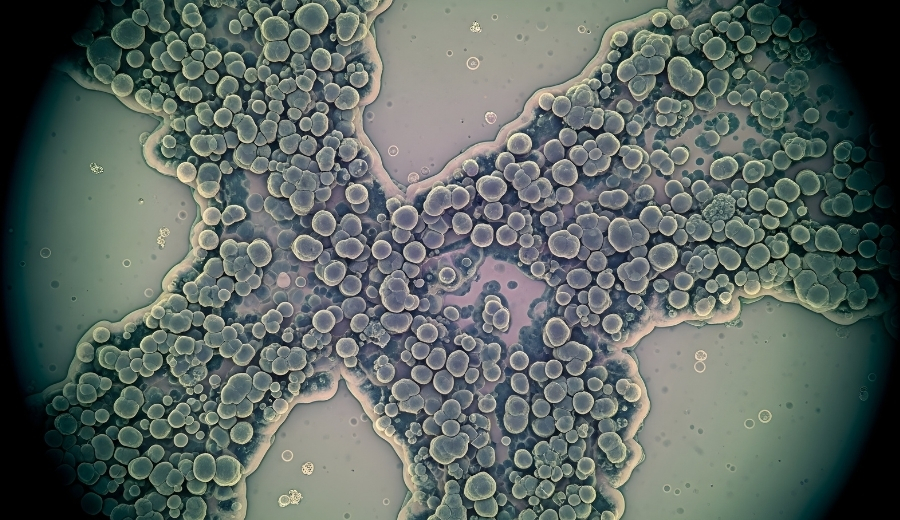Genetic testing, a medical tool used to identify changes in chromosomes, genes, or proteins, has gradually made its way into the public consciousness. However, in rural India, where access to basic healthcare can still be a challenge, the concept of genetic testing is often shrouded in myths and misunderstandings. This article aims to clarify the fundamentals of genetic testing and address some of the common misconceptions prevalent in these areas, fostering a better understanding and potentially increasing the acceptance of this powerful diagnostic tool.
Understanding Genetic Testing Basics
Genetic testing examines an individual’s DNA, the chemical blueprint that directs the body’s functions. These tests reveal changes or alterations in genes that can cause illness or disease. In healthcare, genetic testing plays a crucial role in diagnosing genetic disorders, guiding treatment decisions, and assessing inherited risk factors. This advancement in personalized medicine allows doctors to tailor treatments, improving patient care outcomes.
Despite its medical importance, many rural areas in India do not routinely use genetic testing. The technology requires sophisticated laboratories and specialized expertise to interpret results, which often remain inaccessible in these regions. Genetic testing also supports proactive health management by identifying potential risks early, enabling interventions before conditions develop—a significant shift from the reactive healthcare practices common in rural communities.
Healthcare professionals typically start genetic testing by collecting a sample of blood, hair, skin, or amniotic fluid, depending on the test. Trained geneticists then analyze the sample and interpret the results. Explaining these basics can demystify the process and emphasize its noninvasive nature, helping reduce stigma and increase acceptance in rural populations.
Tackling Common Myths in Rural India
One prevalent myth about it in rural India is that it can be used to predict everything about a person’s future health, including their time of death. It is crucial to understand that genetic tests assess risk, not certainty. They can indicate whether someone is more likely to develop certain diseases than others, but they do not guarantee that these diseases will occur. Educating the rural populace about the probabilistic nature of these tests can help in mitigating fears and unrealistic expectations.
Another common misconception is that it is only useful for those who show symptoms of a genetic disorder. On the contrary, genetic testing can also benefit asymptomatic individuals by identifying silent carriers of genes that could lead to diseases in their offspring.
Many people in rural India worry that others could misuse their genetic information. To address this concern, authorities must enforce strict confidentiality laws and actively educate the public about their rights regarding genetic data. Healthcare service providers and policymakers can build trust by securing genetic information, using it exclusively for medical purposes, and clearly communicating these safeguards to the community.
Addressing the misconceptions surrounding genetic testing in rural India is crucial for its broader acceptance and application. By educating the rural population about the basics of that and dispelling prevalent myths, we can pave the way for more informed healthcare decisions and improved outcomes. This, in turn, can lead to a greater appreciation of the nuances of genetic health and its impact on overall well-being.






